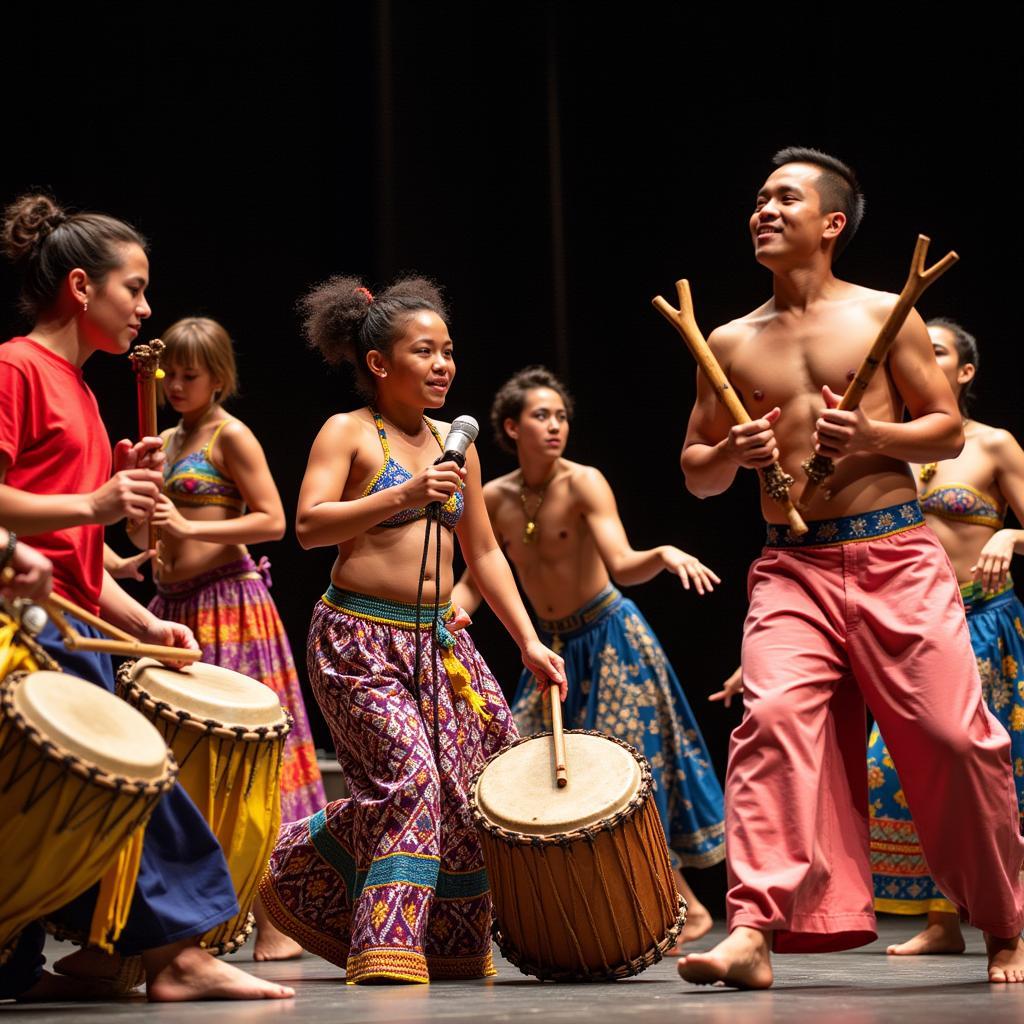Exploring the Importance of the African American Library
African American libraries are vital resources that preserve and celebrate the rich history, culture, and experiences of African Americans. These institutions serve as centers of learning, community engagement, and cultural preservation, offering a wide range of resources and programs that cater to the unique needs of Black communities.
The Role of African American Libraries in Preserving History
African American libraries play a crucial role in documenting and preserving the often-overlooked narratives of Black Americans. They house extensive collections of books, manuscripts, photographs, oral histories, and other archival materials that shed light on the African diaspora, the Civil Rights Movement, the Harlem Renaissance, and countless other significant events and movements. By making these resources accessible to the public, these libraries ensure that future generations can learn from and be inspired by the struggles and triumphs of their ancestors.
For instance, many African American libraries hold rare first editions of works by literary giants like Zora Neale Hurston, Langston Hughes, and Richard Wright. These texts offer invaluable insights into the Black experience during pivotal periods in American history.
Celebrating Black Culture and Identity
Beyond their historical significance, African American libraries also serve as vibrant centers for celebrating Black culture and identity. Many libraries host art exhibitions, book readings, film screenings, and musical performances that showcase the diverse talents of Black artists. These events provide platforms for emerging and established artists to connect with audiences and share their creative expressions.
Furthermore, African American libraries often organize workshops and programs that focus on traditional African art forms, such as drumming, dancing, and storytelling. These initiatives not only preserve cultural heritage but also provide opportunities for community members to connect with their roots and learn new skills.
Addressing the Information Needs of Black Communities
African American libraries are particularly vital in addressing the information needs of Black communities. They recognize that mainstream libraries may not always adequately represent the experiences and perspectives of African Americans. To bridge this gap, these specialized libraries curate collections that specifically address topics relevant to Black communities, such as health disparities, economic empowerment, educational equity, and social justice.
Moreover, many African American libraries offer computer literacy classes, job training programs, and financial literacy workshops tailored to the needs of their communities. These initiatives empower individuals with the knowledge and skills they need to succeed in an increasingly digital and competitive world.
Conclusion
African American libraries are more than repositories of books; they are essential pillars of Black communities, playing a vital role in preserving history, celebrating culture, and empowering individuals. By providing access to information, fostering cultural pride, and offering a range of programs and services, these institutions contribute significantly to the intellectual, social, and economic well-being of Black communities across the nation.
If you are interested in learning more about African American history, culture, and literature, we encourage you to explore the resources available at an African American Library near you. These institutions offer a wealth of knowledge and a welcoming space for all who seek to deepen their understanding of the Black experience.


